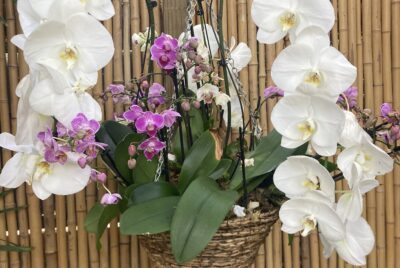RESEARCH
Horticulture Therapy Improves the Body, Mind and Spirit
Summary
This paper discusses a gardening project designed to provide mental health treatment in a unique way. It highlights the historical use of nature, particularly horticulture, as a source of peace and recovery for those suffering from mental illness, dating back to ancient Mesopotamia. The project, taking place on the grounds of a former almshouse, aimed to reconnect participants with this simpler time, increase their physical activity, improve their social skills, and foster cooperation among them, drawing inspiration from how early psychiatric centers used gardens and livestock as a central part of patient treatment.
The project involved five participants with various mood disorders who met weekly with a therapist. The sessions focused on gardening basics, exercise, nutrition, and social skill development. Participants worked together to transform a grassy area into a cultivated garden with raised beds. They started seedlings indoors, transplanted them, and cared for the plants, using these activities as opportunities for therapeutic exercises, mindfulness practice, and discussions about life lessons observed in nature.







